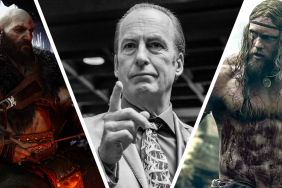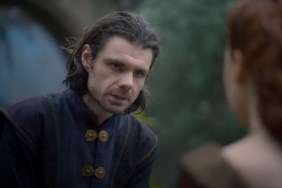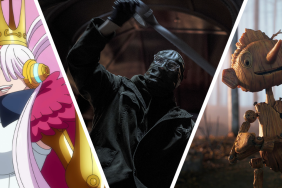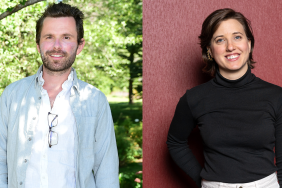Exclusive interview with Killing Ground director Damien Power
We have been slavishly praising director Damien Power’s harrowing Australian horror thriller Killing Ground, a movie whose simple premise gives the filmmaker and his talented cast and crew a long leash to create what might be one of the most effective little chillers of the year. So healthy was the response at Sundace last year in fact, that…










